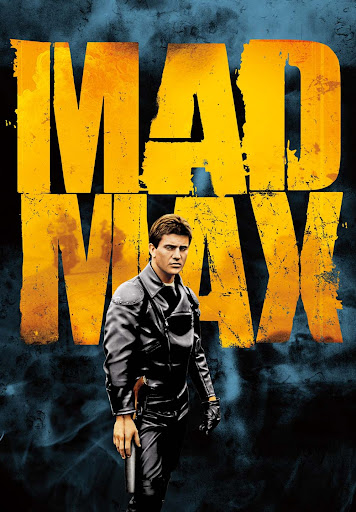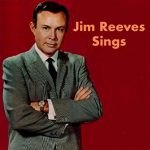Mad Max (1979)

“Mad Max” (1979) is a groundbreaking post-apocalyptic action film directed by George Miller, which introduced audiences to a gritty, dystopian world on the verge of collapse. Set in a future where society has broken down due to fuel shortages, lawlessness prevails, and survival is a daily struggle. The movie follows Max Rockatansky, played by Mel Gibson, a former police officer who becomes a drifter in this barren landscape.
The film’s narrative centers on Max’s personal journey, which begins with him trying to maintain law and order in a world ruled by violent motorcycle gangs. After a tragic event where his wife and child are murdered by a ruthless gang led by the villain Toecutter, Max seeks revenge. His transformation from a man dedicated to justice into a vengeful, emotionally detached warrior forms the heart of the story. This shift reflects the harsh realities of a world where moral codes have crumbled.

One of the key themes of “Mad Max” is the loss of humanity in the face of extreme hardship. As society breaks down, so too do the values that once held it together. Max’s transformation symbolizes the cost of surviving in such a brutal world. His quest for revenge is not just about justice, but about reclaiming his sense of self in a world where everything is falling apart.
Beyond the action and drama, “Mad Max” also highlights themes of resilience and survival. Max embodies the struggle to maintain one’s identity and sanity in a world that seems bent on destroying both. The film’s minimalist dialogue and raw, fast-paced action sequences help convey the desolation and desperation of its world.












